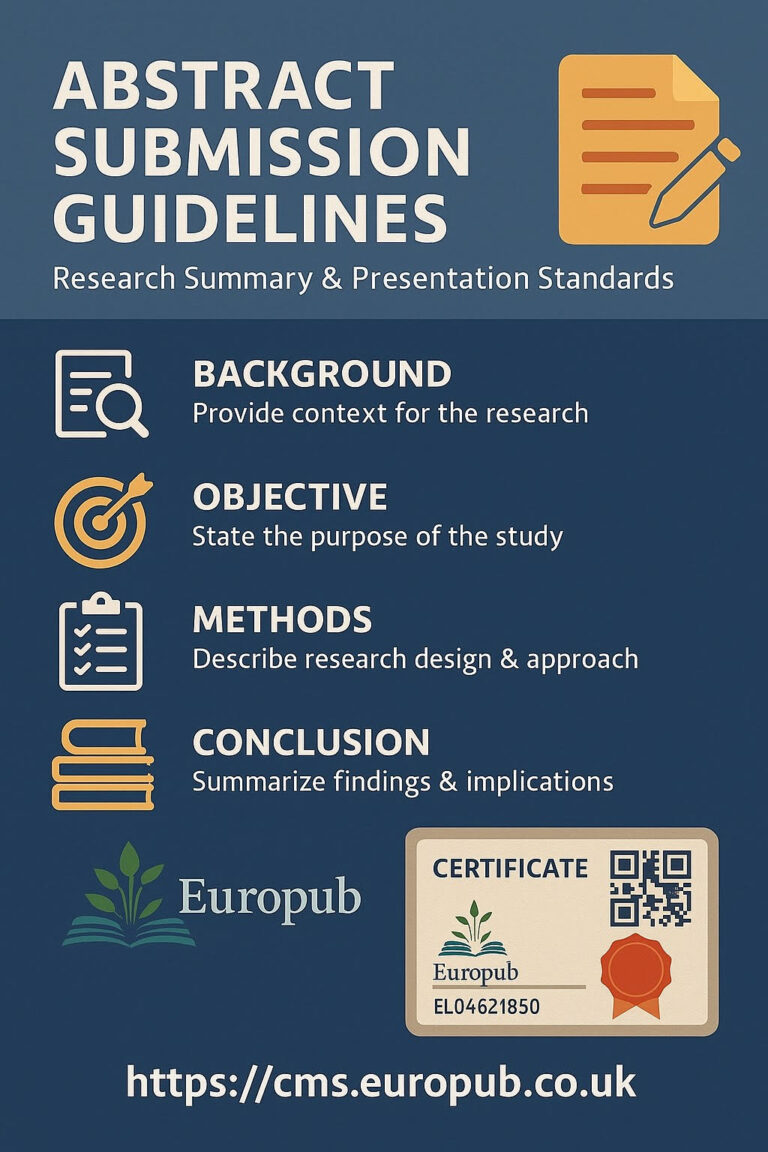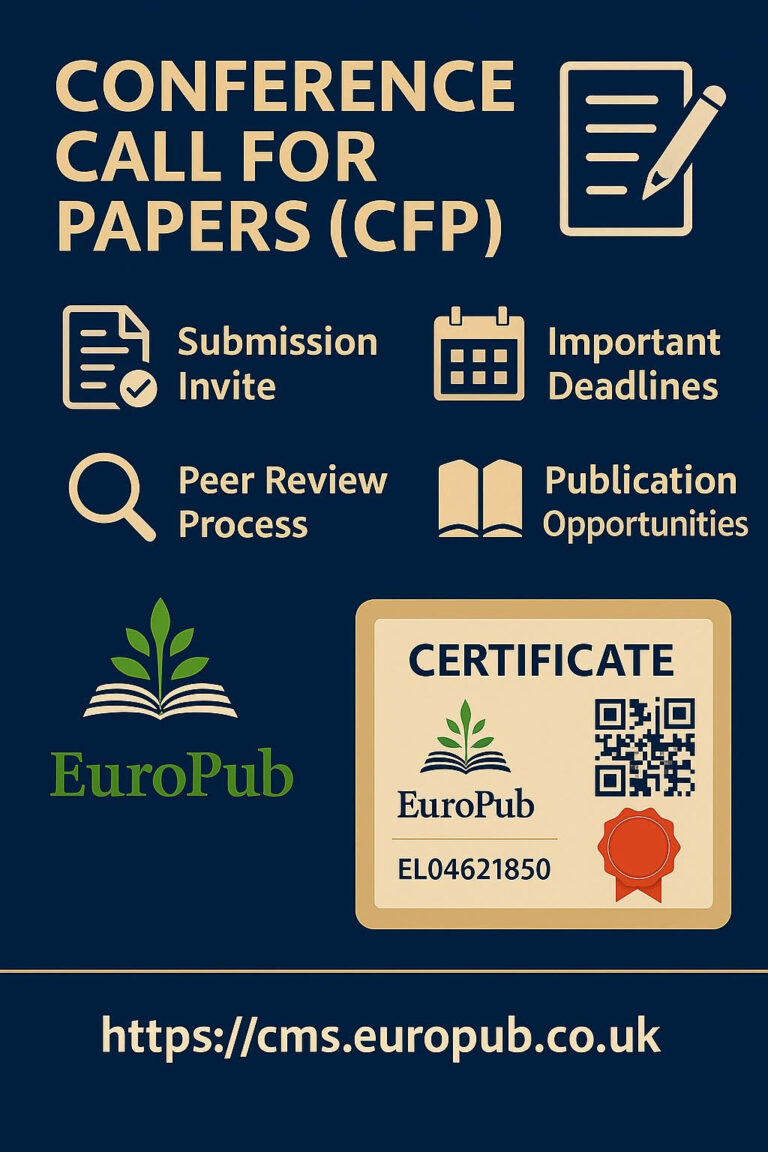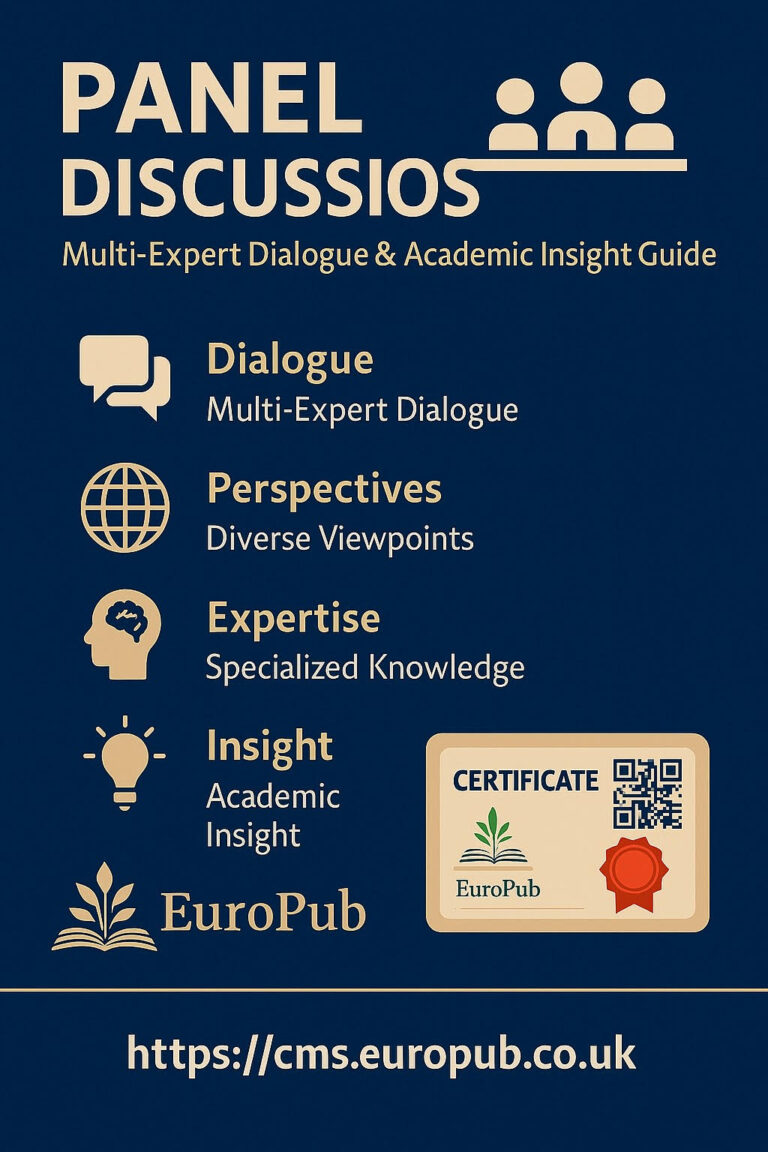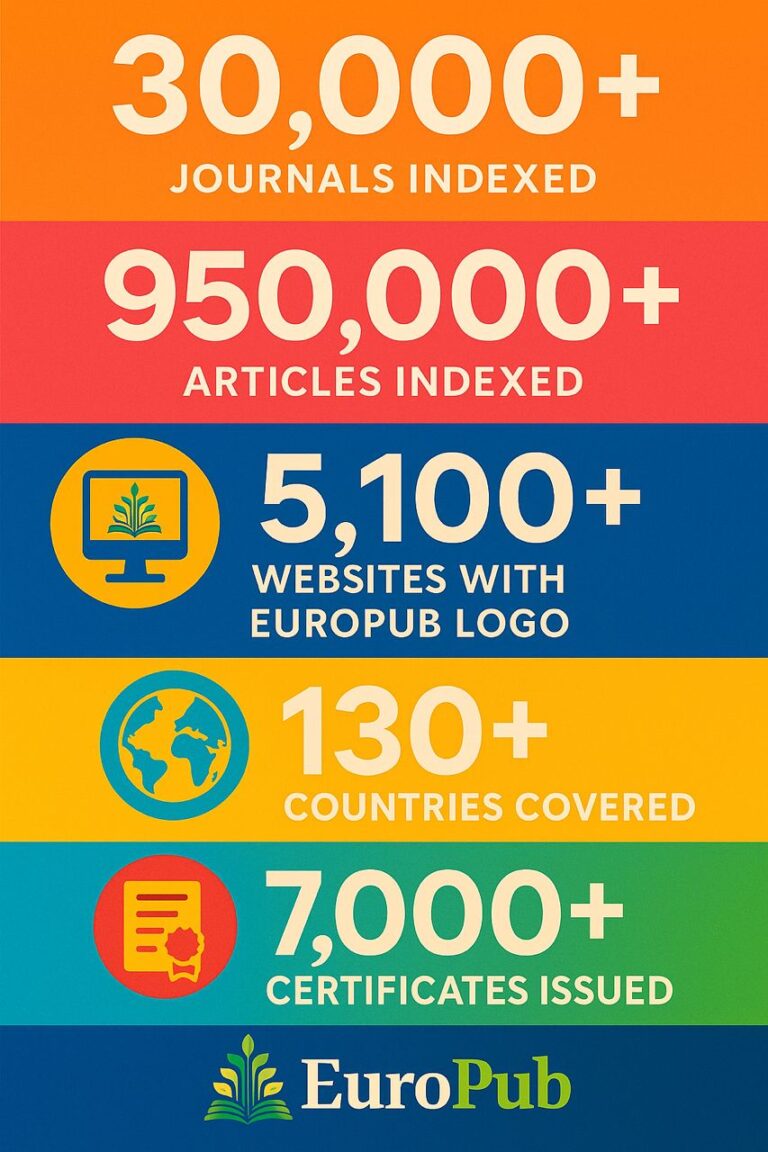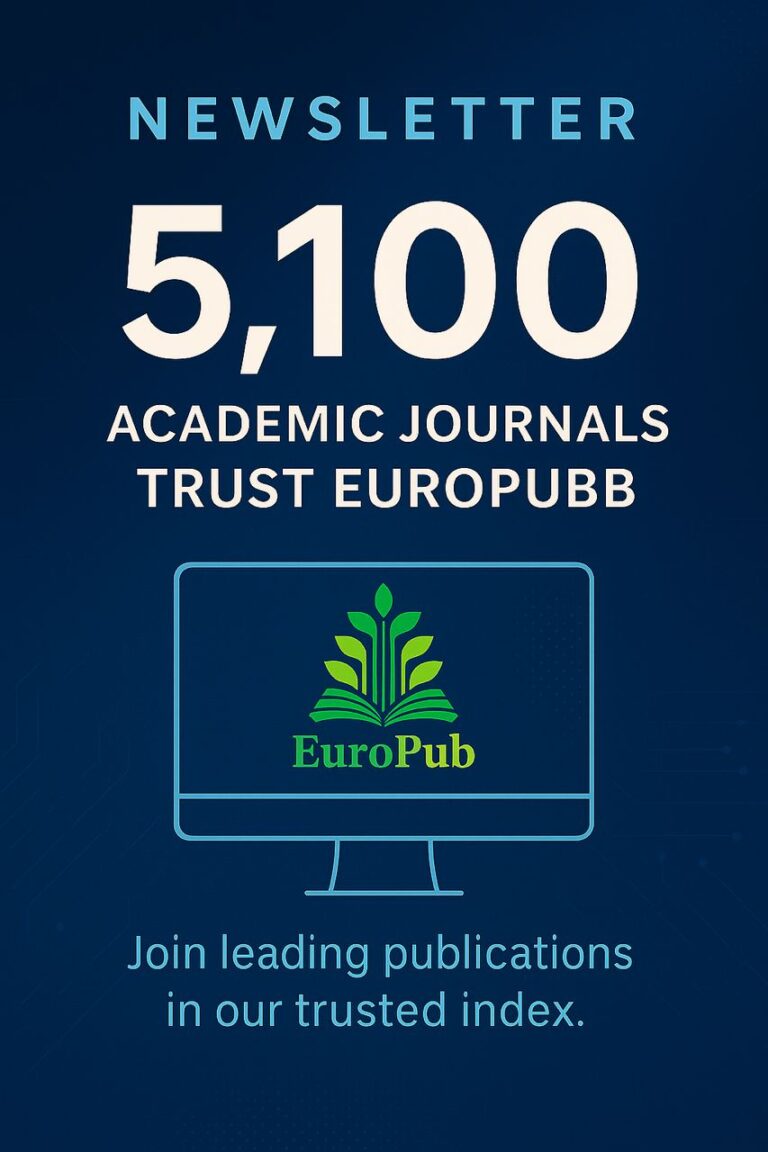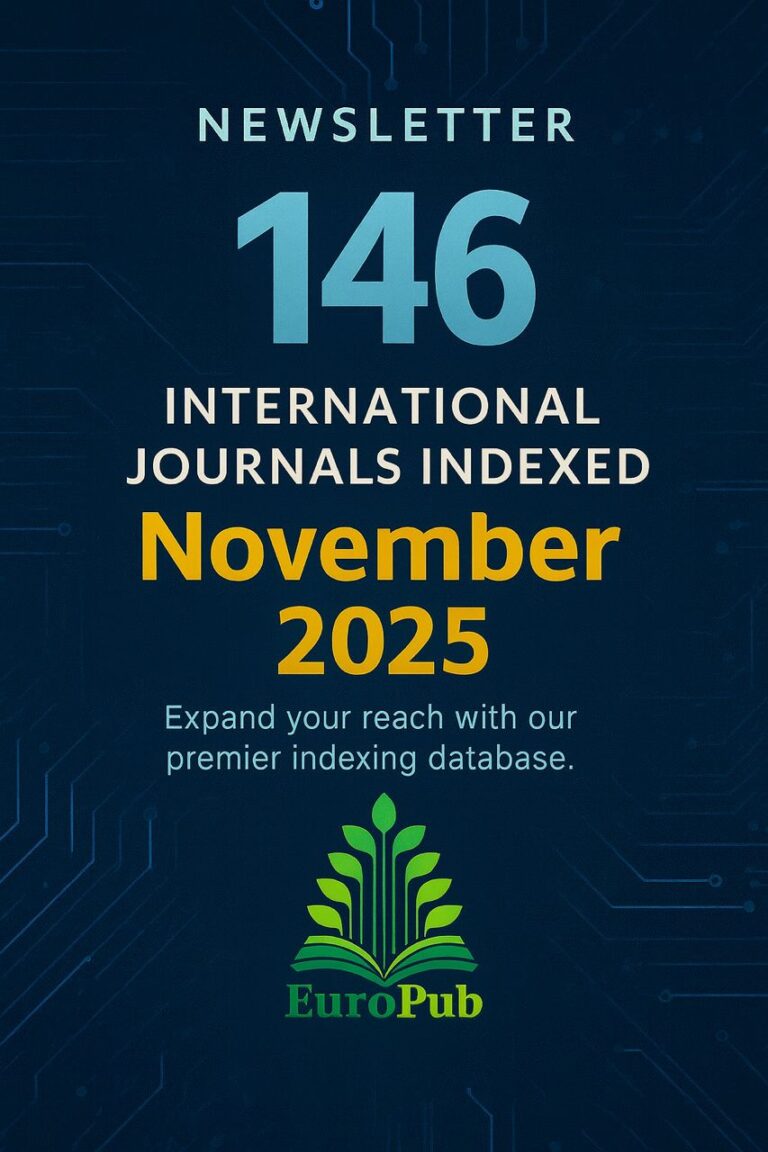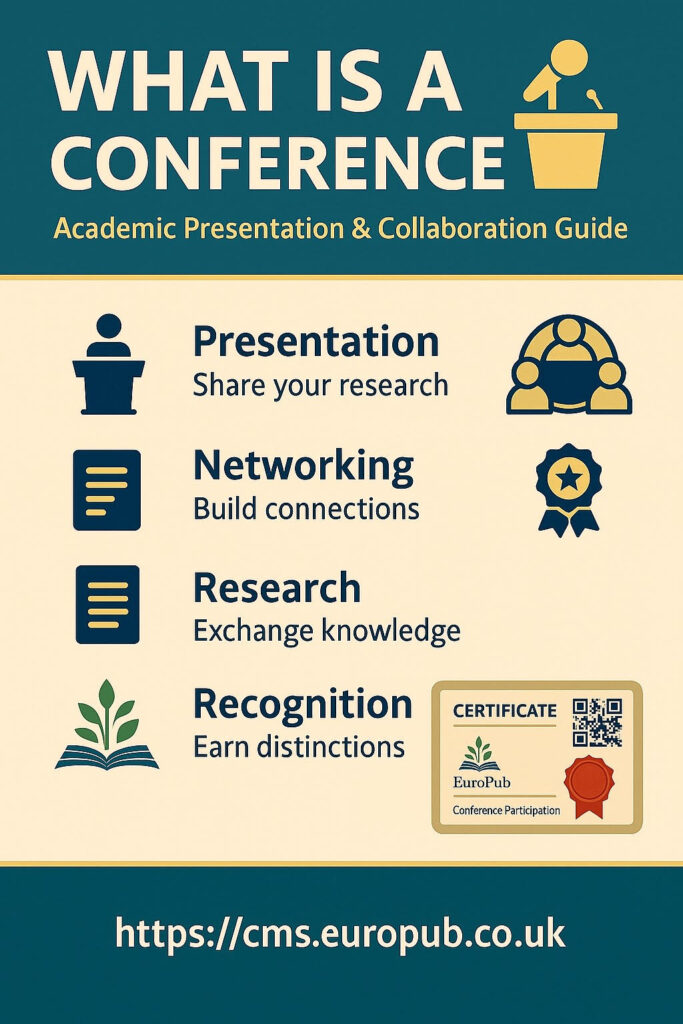
An academic conference is a formal gathering of researchers, scholars, and professionals who present and discuss their findings in a specific field.
Conferences are central to knowledge exchange, networking, collaboration, and research visibility within the global scientific community.
 Purpose of an Academic Conference
Purpose of an Academic Conference
| Objective | Explanation |
|---|---|
 Knowledge Sharing Knowledge Sharing | Present recent discoveries and advancements |
 Feedback & Discussion Feedback & Discussion | Receive constructive critique from peers |
 Networking Networking | Build academic and professional relationships |
 Career Development Career Development | Gain visibility among editors, reviewers, and funders |
 Recognition Recognition | Compete for best paper, presentation, or innovation awards |
 Types of Academic Conferences
Types of Academic Conferences
| Type | Description |
|---|---|
| International Conference | Brings together global participants from multiple institutions |
| National Conference | Focuses on one country’s academic community |
| Regional/Specialized Conference | Centers around a narrow field or region |
| Workshop | Hands-on learning focused on techniques or tools |
| Symposium | Thematic discussions with invited expert speakers |
| Webinar / Virtual Conference | Conducted online, allowing remote participation |
 Conference Structure
Conference Structure
 Call for Papers (CFP)
Call for Papers (CFP)
Organizers announce a CFP inviting researchers to submit abstracts or full papers.
 Abstract Submission & Review
Abstract Submission & Review
Abstracts are peer-reviewed for relevance and quality.
 Program Schedule
Program Schedule
Accepted papers are allocated into sessions — oral, poster, or panel.
 Conference Sessions
Conference Sessions
Presentations, discussions, workshops, and keynote lectures are held.
 Certificates & Publications
Certificates & Publications
Participants receive certificates, and selected papers may be published in indexed journals or proceedings.
 Roles in a Conference
Roles in a Conference
| Role | Responsibility |
|---|---|
| Organizer / Host Institution | Manages logistics, schedules, and program |
| Scientific Committee | Reviews abstracts and ensures academic quality |
| Keynote Speaker | Presents influential insights or trends |
| Session Chair | Moderates individual sessions |
| Presenter / Author | Delivers research findings |
| Attendee / Participant | Learns, networks, and contributes feedback |
 Benefits of Attending Conferences
Benefits of Attending Conferences
| Benefit | Explanation |
|---|---|
 Visibility Visibility | Present your work to a global audience |
 Collaboration Collaboration | Meet potential co-authors and research partners |
 Learning Learning | Discover new methods, tools, and theories |
 Professional Growth Professional Growth | Build your academic profile and credibility |
 Citation Potential Citation Potential | Increase your work’s discoverability and future citations |
 Tips for a Successful Conference Experience
Tips for a Successful Conference Experience
| Tip | Why It Works |
|---|---|
 Prepare clear slides Prepare clear slides | Enhances audience understanding |
 Practice your talk Practice your talk | Boosts confidence and timing |
 Bring business cards Bring business cards | Facilitates professional networking |
 Engage with speakers Engage with speakers | Builds connections and collaboration |
 Follow up afterward Follow up afterward | Strengthens long-term relationships |
 Common Mistakes to Avoid
Common Mistakes to Avoid
 Submitting abstracts without proofreading
Submitting abstracts without proofreading Ignoring conference deadlines
Ignoring conference deadlines Reading directly from slides without eye contact
Reading directly from slides without eye contact Overloading slides with text
Overloading slides with text Missing post-conference networking opportunities
Missing post-conference networking opportunities
 Ethics and Professional Conduct
Ethics and Professional Conduct
- Respect conference rules and time limits.
- Cite others properly in your presentation.
- Do not present previously published work without permission.
- Follow COPE Ethical Guidelines.
 Useful Resources
Useful Resources
| Resource | Link |
|---|---|
| Conference Alerts | https://conferencealerts.com |
| Elsevier Events | https://www.elsevier.com/events |
| IEEE Conferences | https://conferences.ieee.org |
| Springer Conferences | https://www.springer.com/gp/conference |
| Europub Certificate System | https://cms.europub.co.uk |
| Europub Database | https://europub.co.uk |
| Europub Scientific News | https://news.europub.co.uk |
 FAQs — What is a Conference?
FAQs — What is a Conference?
 1. What is the main goal of an academic conference?
1. What is the main goal of an academic conference?
To share knowledge, receive feedback, and build academic connections globally.
 2. How do I get my paper accepted?
2. How do I get my paper accepted?
Submit a high-quality abstract aligned with the conference theme and follow the required format.
 3. Can students participate?
3. Can students participate?
Yes. Many conferences have special sessions or awards for student researchers.
 4. Do I receive a certificate?
4. Do I receive a certificate?
Yes, presenters and participants typically receive Certificates of Presentation or Participation — often verified via Europub.
 5. Are conference papers published?
5. Are conference papers published?
Selected papers are published in conference proceedings or indexed journals associated with the event.
 6. How can Europub support conferences?
6. How can Europub support conferences?
Europub provides verified conference certificates, indexing of event proceedings, and collaboration tools for academic visibility.
 Europub Certification Reminder
Europub Certification Reminder
Strengthen your participation with Europub’s verified credentials:
- Conference Participation Certificate
- Best Presentation Certificate
- Conference Indexing Certificate
- Proceedings DOI & Verification
 Apply here: https://cms.europub.co.uk
Apply here: https://cms.europub.co.uk
